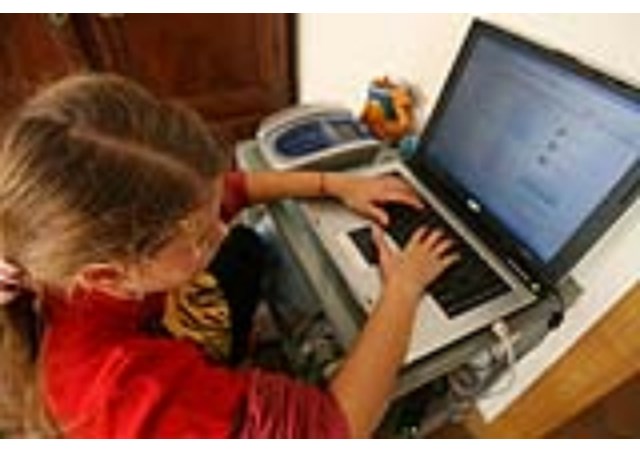
Vatican briefing: Stop the threat of Cyberbullying

(Vatican Radio) One out of three young people in Europe has been the victim of cyber bullying – an alarming and relatively recent phenomenon that has families, schools, political leaders and the Church concerned. According to a 2013 European internet rights observatory study, 20,000 kids on the old Continent have suffered some form of harassment or abuse online.
The phenomenon was examined in a press conference Tuesday at the Vatican Press Hall.
Listen to this report by Tracey McClure:
Entitled “Stop threats on the internet,” the conference was organized by the Pontifical Council for Justice and Peace and the Bureau International Catholique de L’Enfance, a France-based international Catholic network of organisations engaged in the promotion and protection of children’s rights. The network is promoting the online petition, “Stop threats on the Internet” which has collected more than ten thousand signatures.
President of the Council for Justice and Peace, Cardinal Peter Turkson, described cyberbullying and abuse of the internet as a “very worrying” trend.
In an interview with Vatican Radio, the Council’s Undersecretary, Flaminia Giovanelli describes cyberbullying as acts of “intimidation” – sometimes “for fun” which can include “sexual provocation” and cause “moral injury.”
According to the EU Commission, “Cyberbullying is repeated verbal or psychological harassment carried out by an individual or group against others. It can take many forms: mockery, insults, threats, rumors, gossip… disagreeable comments or slander. Interactive online services (e-mail, chat rooms, instant messaging) and mobile phones have given bullies new opportunities and ways in which they can abuse their victims."
Giovanelli cites studies conducted by the London School of Economics’ EU Kids Online which show that 5% of young people between 5-16 years of age have declared they have been victims of online bullying. “It is quite a serious problem,” she stresses, which affects children at increasingly younger ages. “This is very worrying.”
Cyberbullying has led to dozens of child and teenage suicides and has a long-lasting impact on victims who survive. Surveys show that more than half of European children who’ve been bullied say they became depressed as a result; more than a third say they’ve harmed themselves or thought about suicide.
Asked how the Church can respond to cyberbullying, Giovanelli says “I think that the main task of the Church which is also the main task of the Pontifical Council for Justice and Peace, is to inform, and to know what is happening, and to know that there are juridical instruments [that can be applied].” But “the fundamental aim,” of the Church, Giovanelli stresses, is “formation” – not just at the level of the individual and through schools but also “the education and formation of the family as a whole.”
Giovanelli describes use of the internet today as a “paradox.” Today, she says, social networks and the internet “can be very useful for the family,” keeping families connected in an increasingly globalized world where sons and daughters and other relatives may live far from home. “The social network is quite a [positive] way to maintain the familial relationships.”
On the flip side, she warns, the internet can also keep people at a distance. “When the parents are sick or whatever, or at the extreme times of their life, [they] can remain alone.”
“I think that we have the task to help people understand that [social media and the internet] are only [a] means [of communication] and are tools. But the human relationship needs to be maintained in another way,” Giovanelli adds.
The media can also play a positive role in raising awareness about the need to combat online bullying and harassament, Giovanelli says, “if they work for the good.”
| All the contents on this site are copyrighted ©. |


